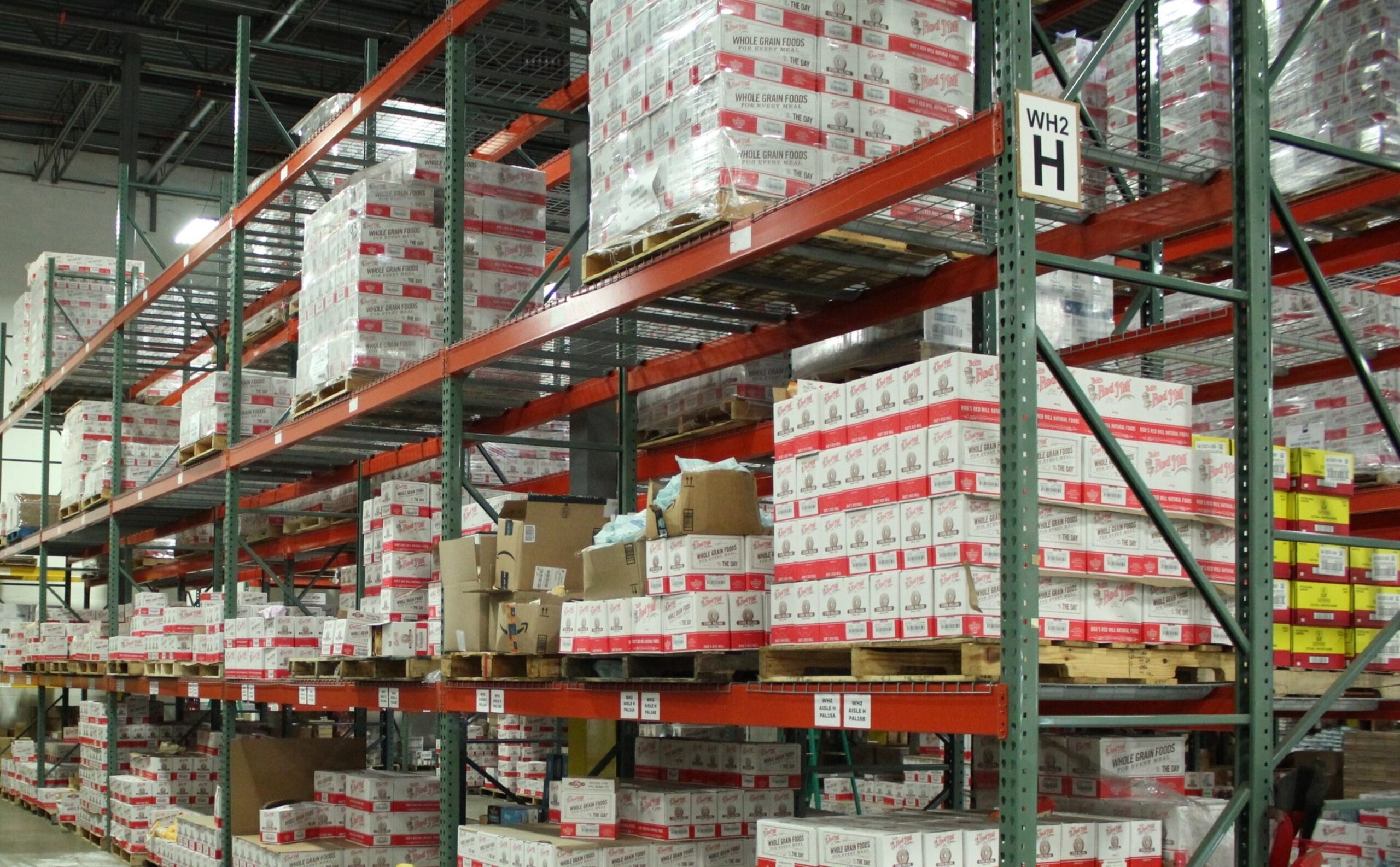Contents

Lumper fees are charges that some warehouses or distribution centers impose on truckers for unloading or loading cargo. From my personal experience in food and beverage distribution, they can rack up frequently and be detrimental to both a carrier and a shipper in terms of cost and time.
Lumper fees can range from $50 to $200 per load, depending on the nature of the cargo needing serviced. These fees can add a significant cost to your transportation budget, making it important to understand what they are, why they’re charged, and how to avoid them.
Why They’re Charged
There are several reasons why lumper fees are charged. The main reason is due to freight upon arrival that requires some form of value-added work prior to put-away. Examples of lumper fees charged in the trucking industry include fees for breaking down pallets, restacking, sorting, counting, and verifying freight.
As an example, distribution centers price their services out with a set baseline for productivity such as 45 minutes to unload 22 pallets from a full truckload trailer. When that productivity is disrupted by a broken pallet or shifted freight causing that load to take 2 hours to unload vs. 45 minutes, it has a significant effect on a shipper or 3PL’s balance sheet when compounded over time. Thus, 3PLs and shippers will charge lumper fees to the party responsible, which is typically the trucking company or origin warehouse.
How to Avoid Lumper Fees
There are several ways that shippers and truckers can avoid lumper fees. For shippers, one strategy is to work with warehouses or distribution centers that have their own staff and equipment to unload or load cargo. Another method is to negotiate with the warehouse or distribution center to include the unloading or loading cost in the overall shipping rate.
Truckers can also negotiate lumper fees with 3PLs. Some 3PLs may be willing to reduce or waive the fees if the trucker has a good relationship with them or if they are a regular customer. Truckers can also consider using alternative strategies to avoid lumper fees, such as carrying their own equipment to unload or load cargo while they are waiting on their drop-off appointment.
A few other creative strategies I have seen:
- Trucking surveillance equipment: allows the transportation manager to see when a trucker has to come to a stop quickly which shifts the freight. It can be intrusive but it can take assigning blame to the driver away, too.
- Network of rework warehouses: OLIMP is a great company to find warehouses that will rework your product for a fee or provide short-term storage. I’ve personally used them for rework loads and it’s a nice network of warehouses to have in your back pocket.
Here are some tips for shippers to avoid lumper fees:
- Plan ahead: Schedule deliveries during regular business hours when warehouse staff is available to unload or load cargo. This can help to avoid lumper fees charged during after-hours or on weekends.
- Communicate with the warehouse: Talk to the warehouse manager to find out if they have their own staff and equipment to unload or load cargo. If they don’t, see if you can rework the freight yourself or ask about their preferred 3PLs that can do the work.
- Include lumper fees in the shipping rate: Negotiate with the warehouse or 3PL to include the lumper fee in the overall shipping rate. This can help to avoid unexpected charges and simplify the billing process.
Here are some tips for truckers to negotiate lumper fees:
Build a good relationship with the 3PL. They may be more willing to negotiate lumper fees if they have a good relationship with the trucker. Being professional and reliable can help to build trust and rapport.
Forklift drivers, warehouse staff, truckers share a kindred spirit in the sense that are on the front lines of the supply chain. I’ve seen plenty of times where truckers used a calm voice, tried to have the warehouse put themselves in their shoes for what happened, and were able to avoid lumper fees. If all else fails, there are a few other options:
- Negotiate before arriving at the warehouse – It’s important for truckers to negotiate lumper fees before arriving at the warehouse. This can help to avoid any surprises and give the trucker time to consider alternative options if the lumper fee is too high.
- Shop around: Truckers can also shop around for 3PLs that offer lower lumper fee rates. It’s important to compare rates and services to find the best deal. Consider other trucker-friendly businesses with loading docks like maintenance shops or cross docks.
In addition to negotiating and planning ahead, truckers can also consider alternative strategies to avoid lumper fees altogether. Here are some options:
- Bring your own equipment: Carrying your own equipment such as a pallet jack to unload or load cargo can eliminate the need for 3PL services and lumper fees.
- Consider alternative routes: Some routes have fewer winding roads and hilly sections. Truckers can consider alternative routes to avoid lumper fees altogether.




